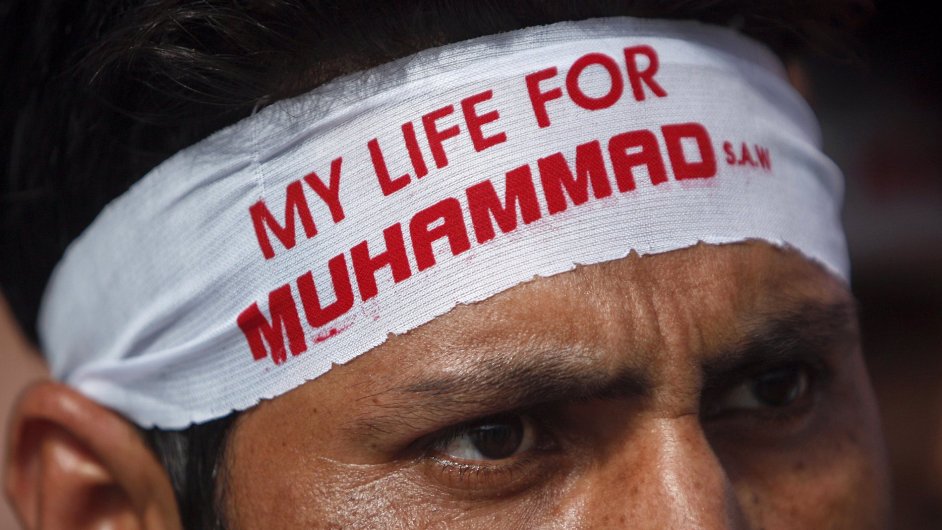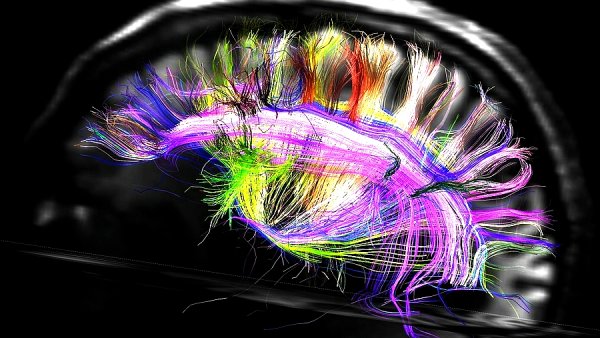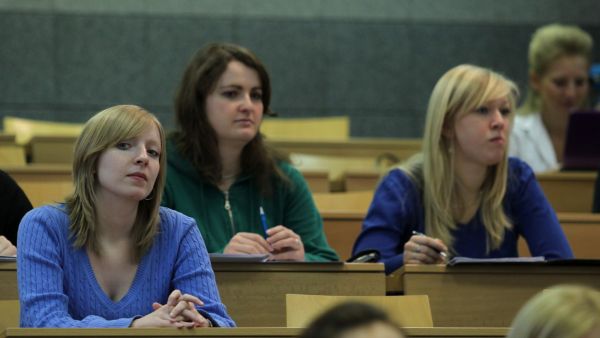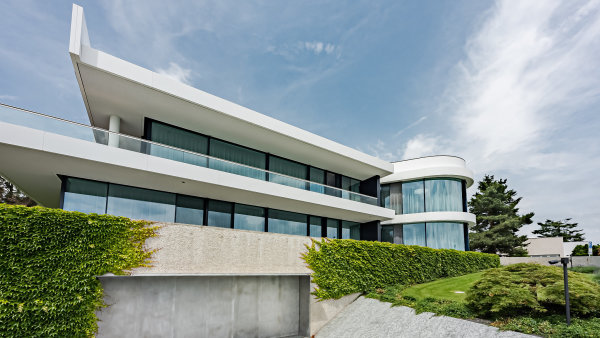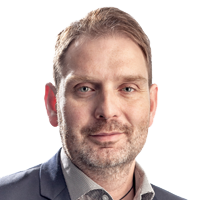Europe along with the rest of the international community held its breath as the controversial debate over headscarf bill was in motion in France in 2004. The Netherlands passed its anti-burqa law in 2012 and immediately after, the German Supreme Court followed by banning Muslim prayer in public schools.
And it is no surprise that the only dissatisfied groups left after such rather direct attack on Islam are Muslim minorities. It seems that Europe or rather the European Union is gradually being sacked into a spiral of intolerance directed to one group in particular - to Muslims.
As of today, there are 17 million of European Muslims and the number is predicted to grow to around 30 million by 2020, marking 7-8% of Europe’s population. Since early the 1970s, Muslim migration to Europe was in motion and it was generally welcomed, in particular by members of what is now the European Union where labor was in shortage.
Today, Muslims are becoming a burden on Europe’s shoulders - or so lawmakers make it appear. Figures show that EU employment rates for non-EU nationals are lower than those for nationals. This holds back economic advancement as despite high migration of labor, EU receives large numbers of unskilled workers who then come to seek unemployment benefits and other social benefits from the state. Consequently, it is no surprise that lawmakers choose to adopt restrictive laws that almost scream of Muslim intolerance.
Jerome Vignon, the director for employment and social affairs at the European Commission admits that the focus of those running the EU had been on asylum seekers and the control of migration rather that the integration of those already in the bloc. In other words, EU lawmakers want to merely control migration levels and perhaps with an aim to make EU look undesirable to other potential Muslim migrants.
But, what are the implications of such approach taken by lawmakers? The ban on burqa and headscarf, restrictions on halal slaughter and ban on prayer in schools are adopted following a belief that religion is the primary factor of identity for most European Muslims.
Also, the right wing parties in particular seem to be spreading a thought that headscarves and halal meat are in fact stealthy attempts of Muslims to impose and spread Islamic rules on non-Muslims and transform our continent to Eurabia- ruled by the sharia law and governed by sheikhs.
But just how absurd can our fears be and to what extent can they be true? Firstly, it is important to note that most European Muslims do not identify themselves with religion. Nevertheless, following discriminating bans that are being passed in one state after another, this sense of injustice is in fact creating a strong bond that brings European Muslims to fight for one cause.
Second interesting fact to note is that lawmakers are failing to see that integration of European Muslims into our society is as important as control of migration. It is clear that the numbers of Muslim migrants keep rising and there is little EU can do about it.
Instead of adopting strict and discriminating laws and instead of persuading the European public of the potential ‘threat’ that Muslims bring, it would be much more efficient to figure a way to make use of Muslim labor and to in fact finally accept multiculturalism.
Yes, it is very true that in terms of culture and to some extent ethics, European values clash with those that Islam promotes. However, European demographics are in motion and change is imminent. As the former American president Willian Howard Taft proclaimed, when referring to European Jews in Europe, "persecution and injustice merely strengthen the Jew’s peculiarity in his adherence to his ancient customs, religion and its ceremonials".
Thus, by adopting strict laws, the lawmakers are only strengthening the bond between European Muslims, radicalizing them and pushing them to respond to the oppressive and direct laws that challenge their values.
Bottom line: What do you think? Can this point of view be seen as relevant is some points or do you consider it an absurd claim?
 Přidejte si Hospodářské noviny
mezi své oblíbené tituly
na Google zprávách.
Přidejte si Hospodářské noviny
mezi své oblíbené tituly
na Google zprávách.
Tento článek máteje zdarma. Když si předplatíte HN, budete moci číst všechny naše články nejen na vašem aktuálním připojení. Vaše předplatné brzy skončí. Předplaťte si HN a můžete i nadále číst všechny naše články. Nyní první 2 měsíce jen za 40 Kč.
- Veškerý obsah HN.cz
- Možnost kdykoliv zrušit
- Odemykejte obsah pro přátele
- Ukládejte si články na později
- Všechny články v audioverzi + playlist

